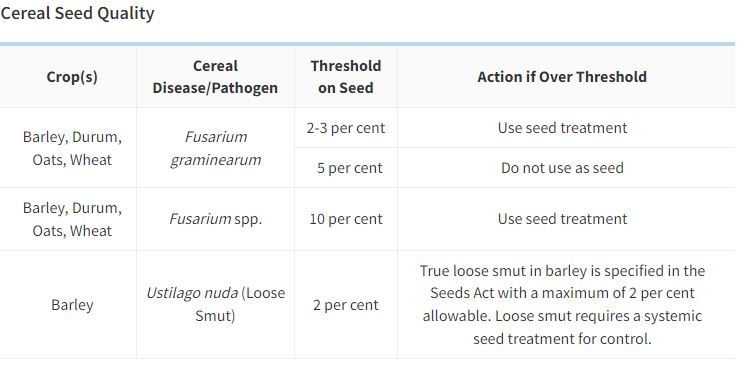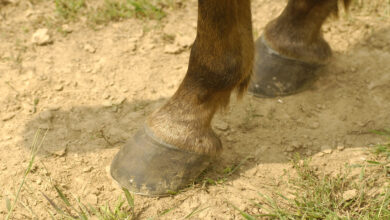
Why Test Your Seed Going Into 2023?
By Nicole Montreuil, AAg, Crops Extension Specialist, Outlook
Seed quality throughout the province is quite varied this year. Some areas struggled with excess moisture and other areas were challenged by extremely dry conditions. Producers who want to keep their seed for planting are encouraged to get their seed tested at one of the accredited labs in the province. Standard seed tests will provide valuable information regarding germination, vigour and seed-borne diseases specific to the crop.
A germination test gives producers an indication of the percentage of seeds that will grow in an ideal environment while a vigour test will indicate how well the seedlings will perform under stressful growing conditions. Combining the results from these two tests provides a good idea of how well your seed will perform. Preferably, the germination rate of a sample should be higher than 85 per cent, with the vigour being close to the same value. If there is a variation between the two values, it should not be more than 10 per cent. A large difference can indicate issues with the seed or improper storage conditions over the winter.
The results of the seed tests will help determine whether using a seed treatment or another seed source is appropriate. The charts from the 2023 Saskatchewan Seed Guide outline pathogens specific to a crop as well as their threshold on the seed (which will come from the seed test) and the action if the level is over the threshold.


Refer to the Guide to Crop Protection and product labels for specific information on pathogens.
If the best option is to use a seed treatment, consult the Guide to Crop Protection and product labels for specific information. Seed treatments will protect seed viability and help prevent the invasion of fungal pathogens; they will not “cure” a poor seed. If the recommendation is to use another seed source, a good management decision is to consider using certified seed.
Testing well ahead of spring will provide more time to source higher quality seed if needed and will ensure there is time to obtain seed from suppliers if localized shortages occur. It is essential that producers find out the quality of their bin-run seed sooner rather than later to avoid seeding delays. Germination and vigour can change throughout storage, so it is important to re-test stored grain closer to spring to detect any large changes in seed quality. Always have a backup plan in case your desired seed variety is unavailable. Use the Interactive SaskSeed Guide to connect with Saskatchewan seed growers and begin planning your 2023 growing season early.
A list of accredited seed testing laboratories can be found on the Canadian Seed Institute page. For more information on seed-borne diseases for cereals and pulses, contact your local crops extension specialist.








































